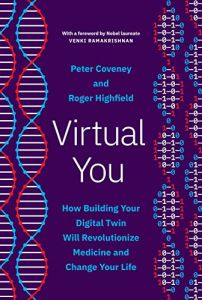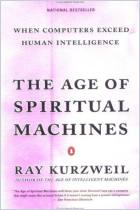Зарегистрируйтесь на getAbstract, чтобы получить доступ к этому краткому изложению.

Зарегистрируйтесь на getAbstract, чтобы получить доступ к этому краткому изложению.
Peter Coveney and Roger Highfield
Virtual You
How Building Your Digital Twin Will Revolutionize Medicine and Change Your Life
Princeton UP, 2023
Что внутри?
“Digital twins” – detailed computer simulations of individual patients – could revolutionize health care.
Recommendation
In the future, doctors may use “digital twins” – sophisticated computer simulations of your body – to provide personalized medical care. Your digital twin would react as you would to a drug or other treatment. It could also alert your doctor to health issues that might trouble you in the future. Professors Peter Coveney and Roger Highfield illuminate the history and future of biological simulations. Though they target a general audience, their citations of mathematics, biology and computer science make their book a challenging, stimulating read for laypeople.
Summary
About the Authors
The director of University College London’s Centre for Computational Science, Peter Coveney is also a professor at the Informatics Institute at the University of Amsterdam and an adjunct professor at the Yale School of Medicine. In 2023, Roger Highfield, the Science Director at the Science Museum Group, was named honorary president of the Association of British Science Writers.
















Comment on this summary